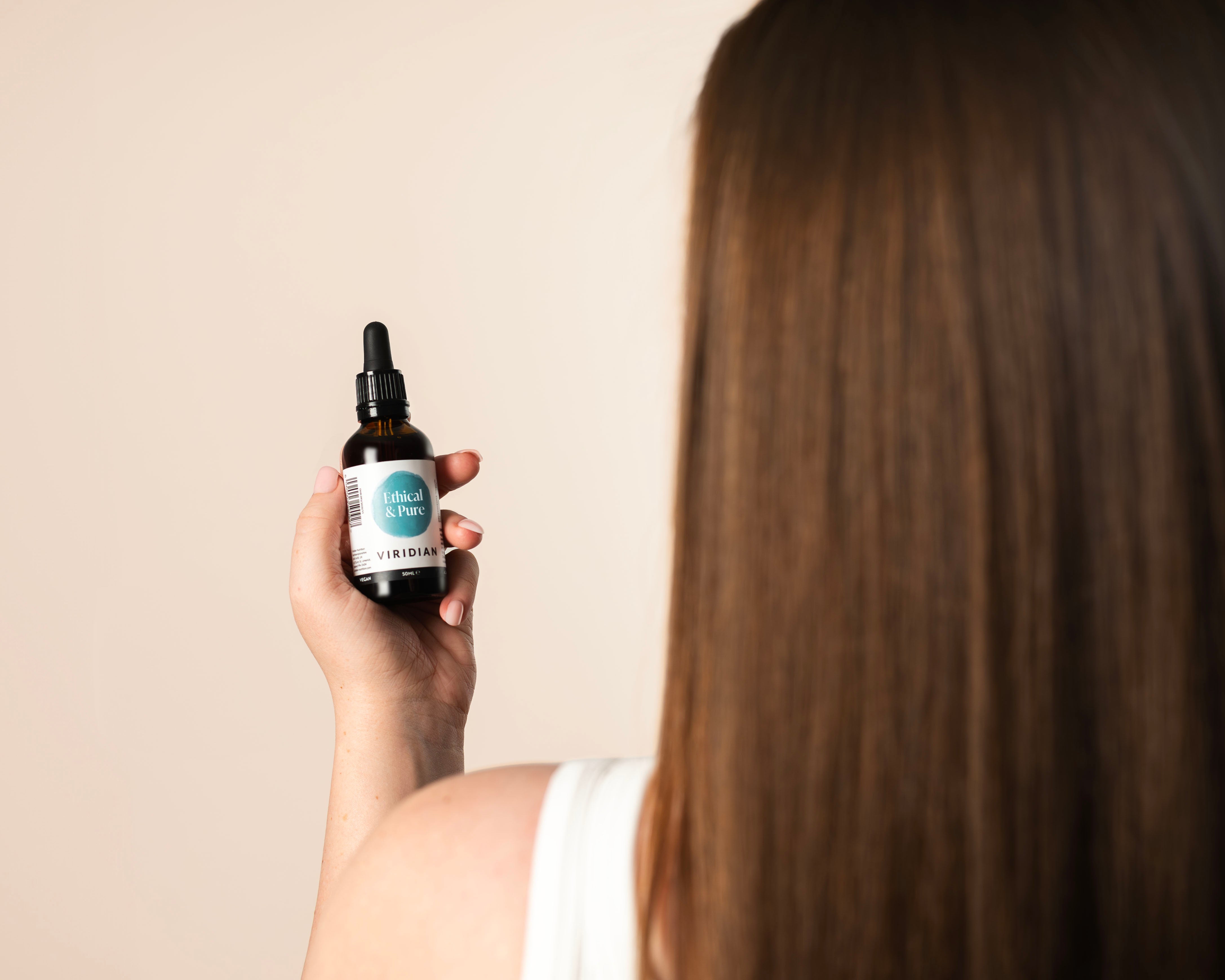
Common names: Maca (Lepidium meyenii) is native to modern day Peru and has many traditional uses, and with its adaptogenic properties, it is commonly referred to as ‘Peruvian Ginseng’. Known as a natural aphrodisiac, research has shown maca can help increase libido with further studies to show its support in female health, including women going through the menopause.
Growing and harvesting: Maca grows anywhere between 4,000 and 4,500m above sea level in the high, harsh-weathered Andean plateaus. It was originally domesticated and farmed in the Peruvian Highlands with primitive varieties of the root being found in archaeological sites dating back to 1600 BC. However, it is estimated that maca was first domesticated in 3800 BC, and cultivation expanding significantly around 700 AD. Maca somewhat resembles a parsnip in shape while being a similar size to a turnip or radishes with green and fragrant tops which lie across the ground and can grow up to 20cm high.
Health giving benefits: Maca root was used by the Andean people as a food source or medication to increase energy, treat a variety of ailments, and as a fertility enhancer for both humans and livestock. Randomised controlled trials are the gold standard of research with maca gaining more attention from the scientific community. The studies investigating maca have begun to explore the traditional uses as well as expanding its other therapeutic applications.
Libido and Menopausal Women
Maca has been found to increase libido in both men and women. One study where men supplemented with either 1.5 or 3g of maca for 12 weeks was found to improve sexual desire without affecting sex hormones. Similar effects were reported in postmenopausal women, as 3.5g of maca supplementation for 12 weeks saw improvements in anxiety, depression, and sexual dysfunction. Maca has also been found to increase energy alongside sexual desire after only 14 days of supplementing. Increased fertility in both men and women has been reported after maca supplementation. As testosterone and oestrogen levels are not influenced, it is thought maca’s antioxidant effect is responsible for improving sperm health in men, and in females it has been reported that luteinizing hormone is enhanced which plays an important role in fertility in women. Maca also shows favourable effects on supporting the symptoms of menopause, including improving memory and insomnia, alleviating symptoms of urinary system, and enhancing antioxidant capacity.
Our Top Tips:
1. Look for a formulation containing a blend of all three colours of maca: black, red, and yellow, to gain the optimum health benefits.
2. Research suggests the colour of maca influences the phytochemical characteristics of the root and may impact on its actions.
Choosing maca for supplementation: A number of clinical trials has shown maca has many potential health benefits for men and women. As well as choosing a formulation containing a blend of black, red and yellow maca, we recommend choosing a raw, organic root powder or extract for optimal health. Look for one that is organically certified by the Soil Association as it guarantees purity of the ingredient. Organic ensures crops are grown without the use of chemicals such as pesticides which reduces your body’s exposure to toxins. Soil Association certification also demonstrates the ingredient is sustainably grown and meets the rigorous standards set by the body.
For more information, visit your local health food store for dietary, supplement and lifestyle advice. Find your local health store at www.findahealthstore.com
Author: Will Jordan, BSc (Hons) MSc, is a Nutrition Advisor at Viridian Nutrition. He holds a Master’s degree in Sports and Exercise Nutrition, BSc in Food and Nutrition.
References:
Gonzales GF, Cordova A, Vega K, Chung A, Villena A, Gonez C, & Castillo S. Effect of Lepidium meyenii (maca) on sexual desire and its absent relationship with serum testosterone levels in adult healthy men. Andrologia. 2002; 34 367-372.
Brooks NA, Wilcox G, Walker KZ, Ashton JF, Cox MB, & Stojanovska L. Beneficial effects of lepidium meyenii (maca) on psychological symptoms and measures of sexual dysfunction in postmenopausal women are not related to estrogen or androgen content. Menopause. 2008; 15 (6) 1157-1162
Stone M, Ibarra A, Roller M, Zangara A, Stevenson E. A pilot investigation into the effect of maca supplementation on physical activity and sexual desire in sportsmen. Journal of Ethnopharmacology. 2009 Dec 10;126(3):574-6.
Lozano Sánchez JM, Serrano ZA, Durán JA, Morales HSG, Álvarez PBM, Mejiá RM, Estrada LFM, & Huerta EPR. Peruvian maca and possible impact on fertility. Journal of Nutritional Health & Food Engineering. 2017; 6 (5) 165-166
Meissner HO, Mscisz A, Reich-Bilinska H, Mrozikiwicz P, Bobkiewicz-Kizowska T, Kedzia B, Lowicka A, & Barchia I. Hormone-Balancing Effect of Pre-Gelatinized Organic Maca (Lepidium peruvianum Chacon): (III) Clinical Responses of early-postmenopausal women to Maca in double blind, randomised, Placebo-controlled, crossover configuration, outpatient study. International Journal of Biomedical Sciences. 2006; 2 (4) 375-394
Soo Lee, Shin BC, Yang EJ, Lim HJ, & Ernst E. Maca (Lepidium meyenii) for treatment of menopausal symptoms: A systematic review. Maturitas. 2011. 70 (3) 227-233
Li H, Zhang X, Liu Z, Zhang Y, Zhao X, Li F, & Liu Y. Effect of Maca verses compound maca on women with menopause syndrome, Academic Journal of Chinese Pla Medical School. 2017; 38 (8) 764-767
Gonzales GF. Ethnobiology and Ethnopharmacology of Lepidium meyenii (Maca), a Plant from the Peruvian Highlands. Evidence Based Complementary and Alternative Medicine. 2012; 2012, 193496
Minch DM, Ross K, Frame J, Fahoum M, Warner W, & Meissner HO. Not All Maca Is Created Equal: A Review of Colours, Nutrition, Phytochemicals, and Clinical Uses. Nutrients. 2024; 16 (4) 530







